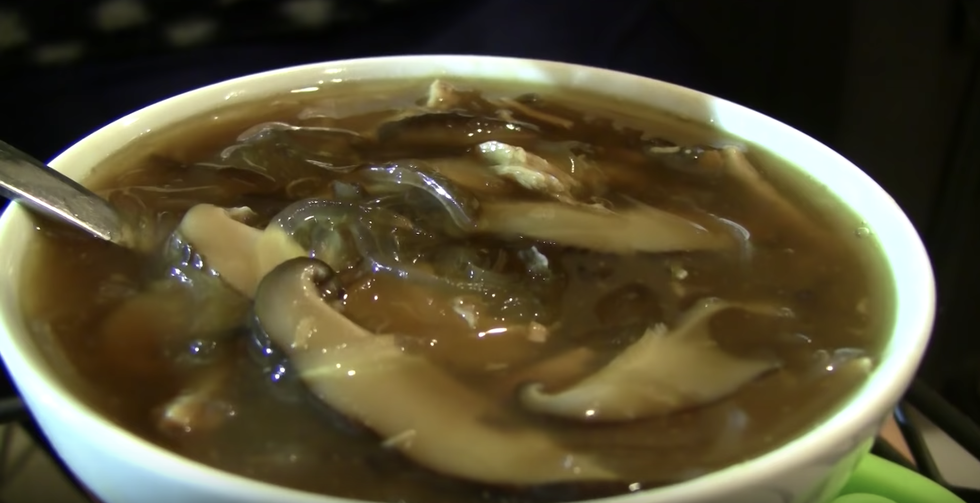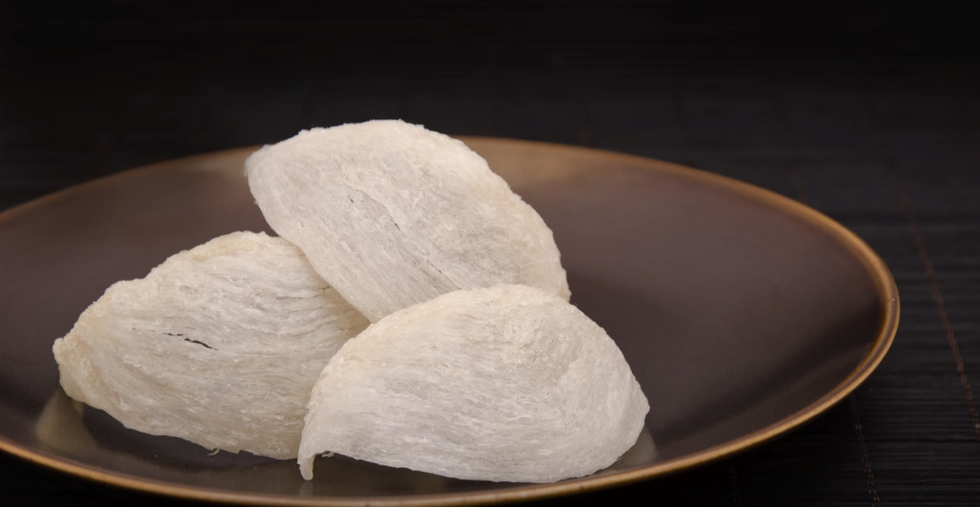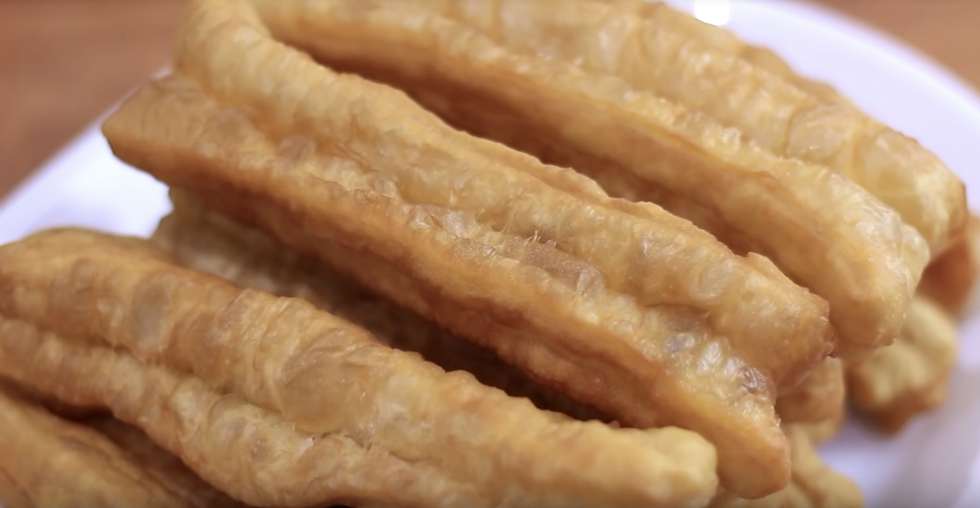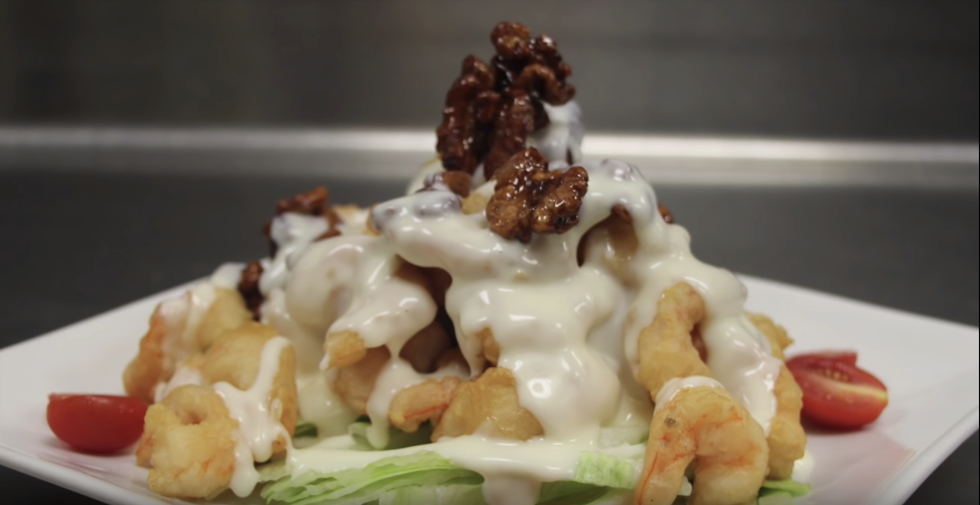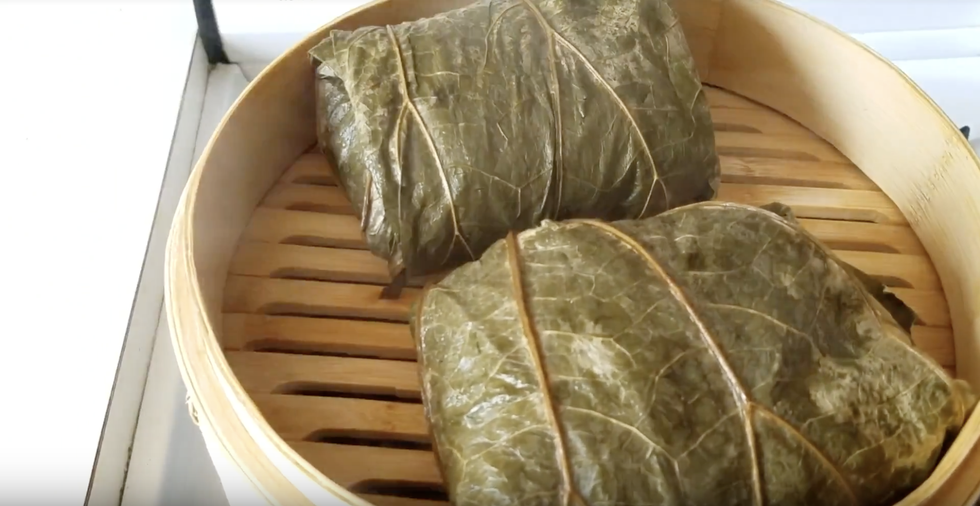The US Might Ban TikTok As A Threat To National Security, Because It's 2020, And Of Course
Pompeo's sense of "national security" issues with the app could be unfounded.
Recently, China has passed a national security law in Hong Kong that has the potential to severely limit the freedoms that the people of Hong Kong have had for 50 years.
Its passing has sparked a wave of action from social media giant TikTok, who intends to exit the Hong Kong market as soon as possible so as not to come against the Chinese government who might ask the platform to censor users in Hong Kong.
However, the controversy thickens because TikTok is owned by ByteDance, an internet technology company based in China.
As a result of this, Secretary of State Mike Pompeo is beginning to consider banning TikTok and other social media apps based in China because they could be a threat to national security.
Fox's Laura Ingraham interviewed Pompeo who stated in the interview:
"With respect to Chinese apps on people's cell phones, I can assure you the United States will get this one right too, Laura... I don't want to get out in front of the President [Donald Trump], but it's something we're looking at."
The law that was passed in Hong Kong is unprecedented for a few key reasons — Hong Kong was a British territory until 1997 when it was handed back to China and in 1993, there were massive protests over a similar national security law that inevitably led to the law being discarded.
Because Hong Kong was at once a British territory, it has operated under a model called, "one country, two systems." Essentially, this model allows the people of Hong Kong more freedoms than any other city in mainland China.
The people of Hong Kong have had freedom of press, speech, and assembly since they were handed back to China.
According to CNN,
"In the mainland, national security laws have been used to prosecute pro-democracy campaigners, human rights activists, lawyers and journalists. Arbitrary punishments and secret detentions are almost unheard of in Hong Kong -- but people worry this new law could change that.
Critics say the law could also cause increasing self-censorship in the media, the exclusion of pro-democracy figures from the city's legislature, and threaten Hong Kong's reputation as a safe base for international businesses."
It is certainly a scary moment for the people of Hong Kong as companies like TikTok are exiting the market. But Pompeo's sense of "national security" issues with the app could be unfounded.
CBS The Bay Area reported that "U.S. user data is stored in the United States, with a backup in Singapore, according to TikTok. A spokesperson for the company told CNN Business in May that it thinks the national security concerns are 'unfounded.'"
So it is an interesting move that TikTok — an app that was downloaded 700 million times across the world in 2019, and over 40 million times in America alone — could be banned when, according to a spokesperson, American information is safe and secure.







